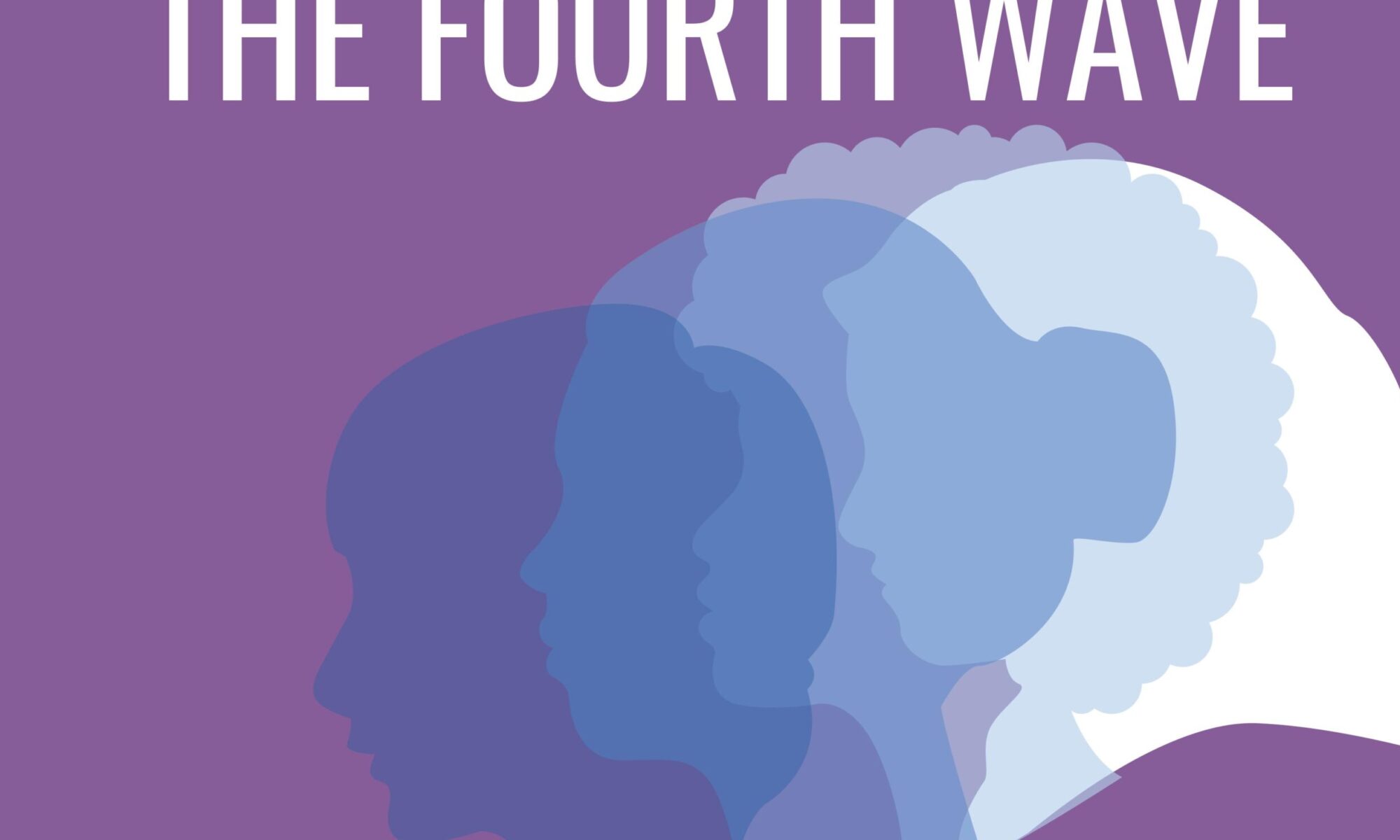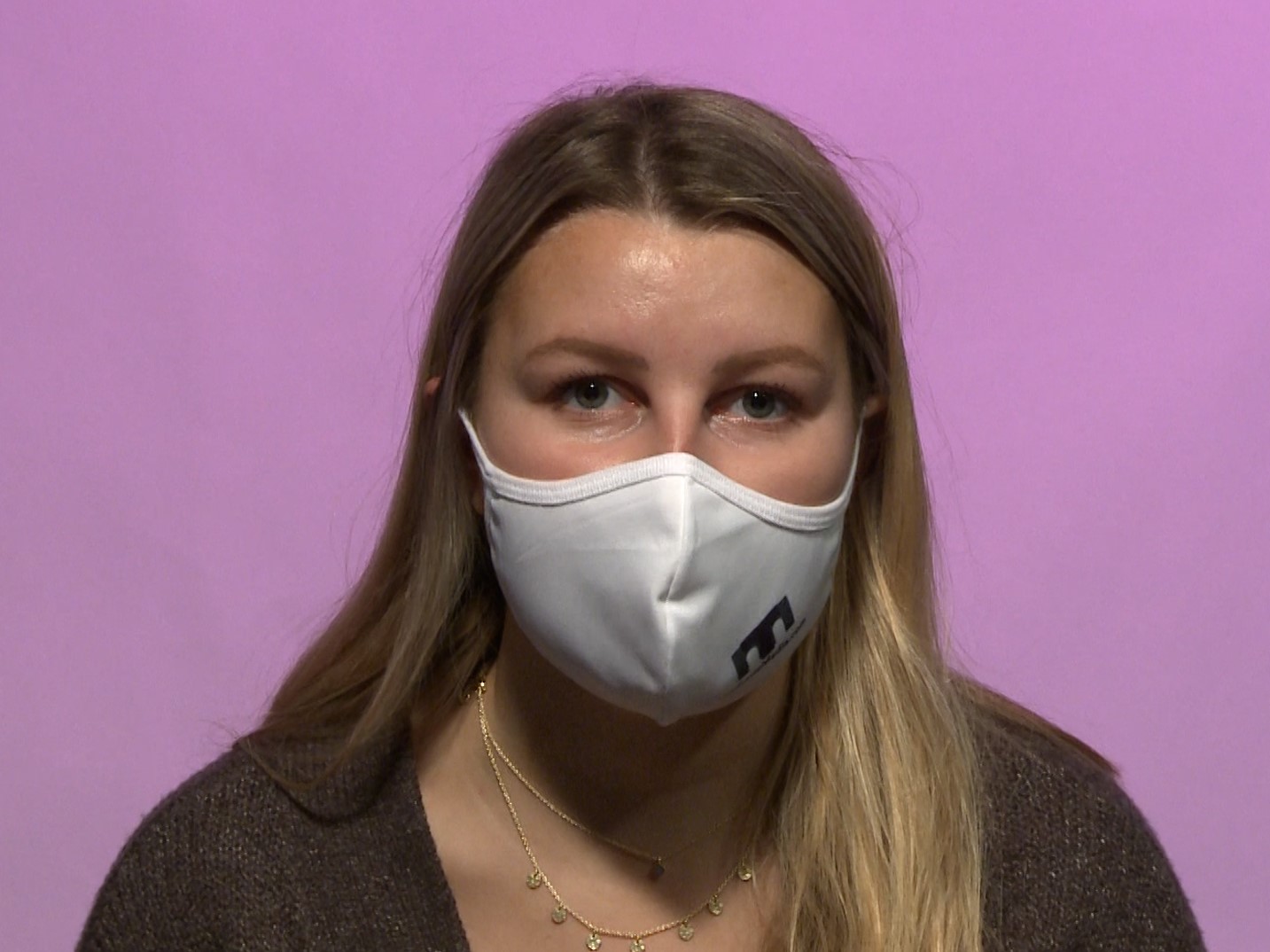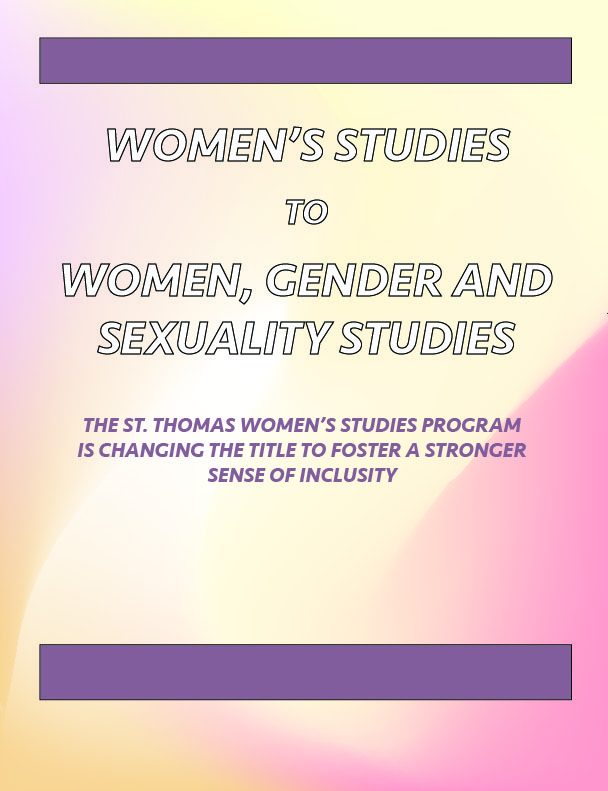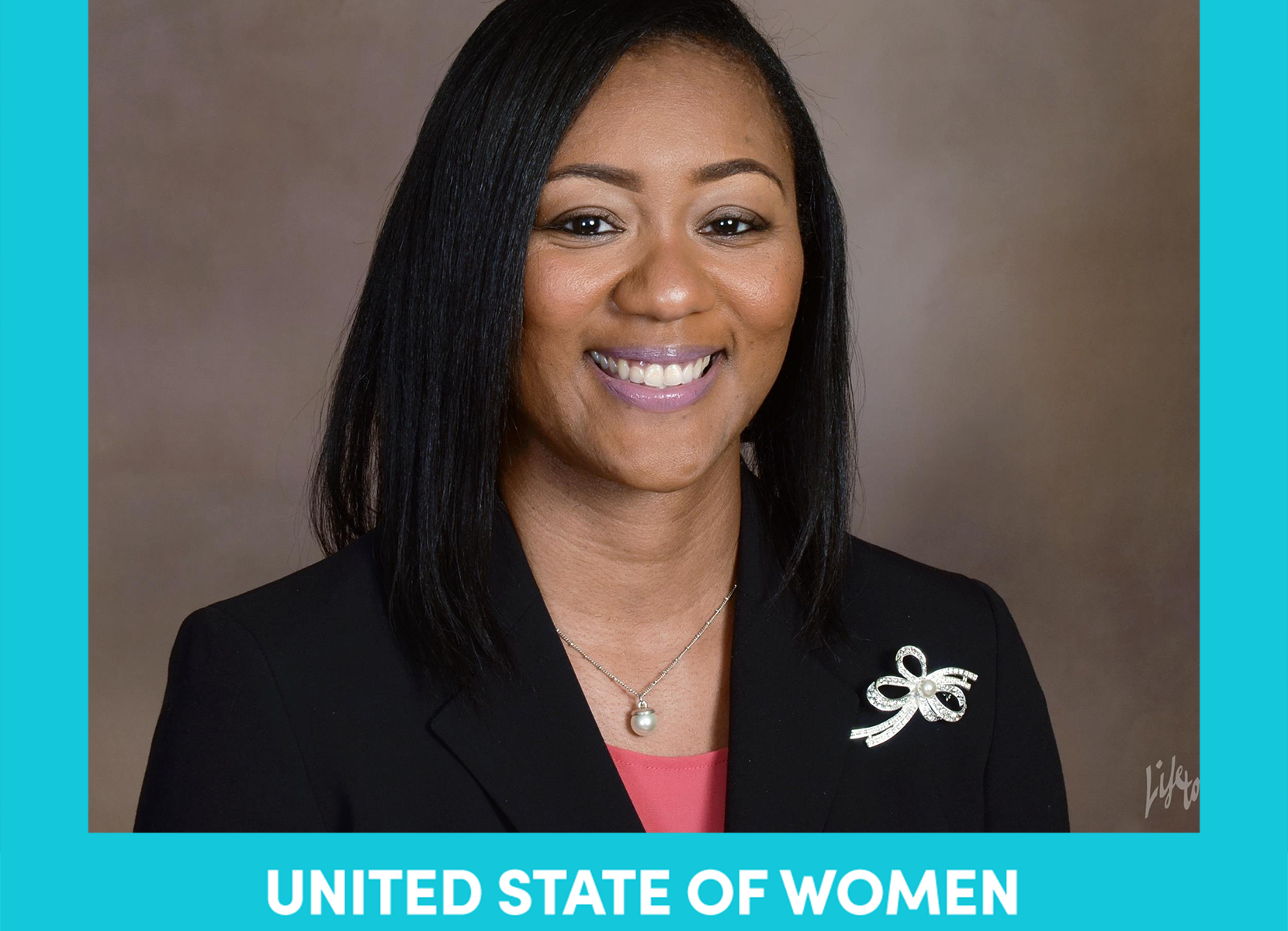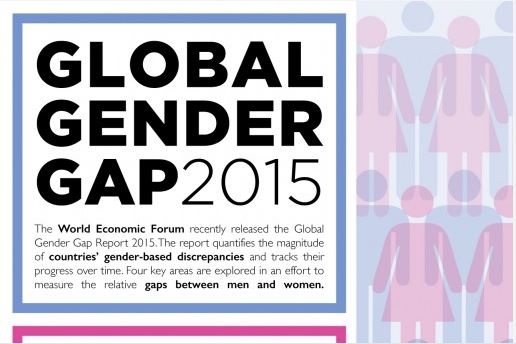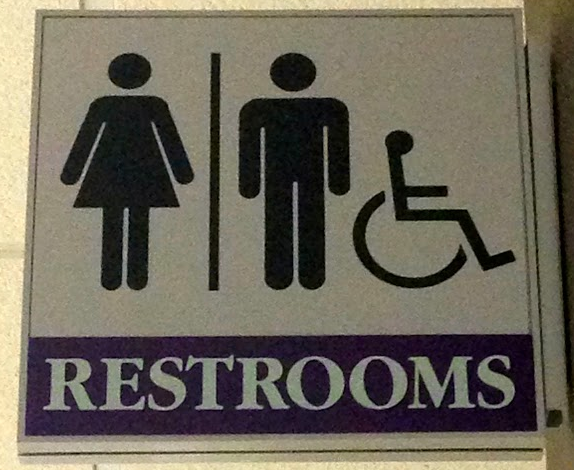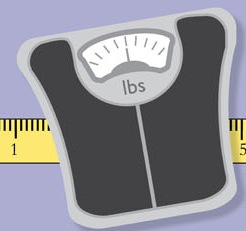University of St. Thomas Alumna Maddie Peters discusses the idea of feminism, fashion and gender norms in our society.
News in :90 – Oct. 27, 2021
The first U.S. passport with an “X” gender designation was issued, the names of the jurors for the Derek Chauvin trial will be released, and seven positive COVID-19 cases were reported by the Center for Well-Being. Lauren Dettmer has today’s news in :90.
The Women’s Studies program name faces change
The St. Thomas Women’s Studies program is getting a name change that is not yet finalized. Women’s Studies will soon be called Women, Gender and Sexuality Studies to foster a stronger sense of inclusivity. Reporter Rae Beaner has the story.
Social work student to be United State of Women ambassador
University of St. Thomas Doctorate of Social Work student, ZaDonna Slay, was named one of 80 United State of Women Ambassadors. Ambassadors are trained to lead gender equity movements in their local communities. Reporter Emilie Cleveland has the story.
OPINION: Gender reveal parties incorrectly label a child
Gender reveal parties have become increasingly common and extravagant. Opinions editor Maddie Peters argues gender reveal parties can potentially limit a child’s ability to determine who they really are.
Study abroad gender gap causes concerns
Most study abroad trips from the U.S. include about twice as many women as men.
Global gender gap 2015
Design manager Elle Jackson looks at the World Economic Forum’s Global Gender Gap Report.
Gender neutral toys: Breaking gender roles
Opinions editor Jamie Bernard believes gender neutral toys will help break down gender norms amongst the next generation of children.
Why have gender identification?
Opinions editor Elliot Polsky says allowing people to choose their gender identification is not the solution for people who feel out of place with their bodily sex.
Minneapolis allows gender-neutral restrooms
The Minneapolis City Council recently ruled in favor of providing gender-neutral restrooms, and professor Cara Anthony says these have also been discussed on campus.
The ‘skinny’ on weight-based discrimination
More than 68 percent of Americans are considered overweight or obsese, and many reported weight-based discrimination in employment, education, and healthcare.

